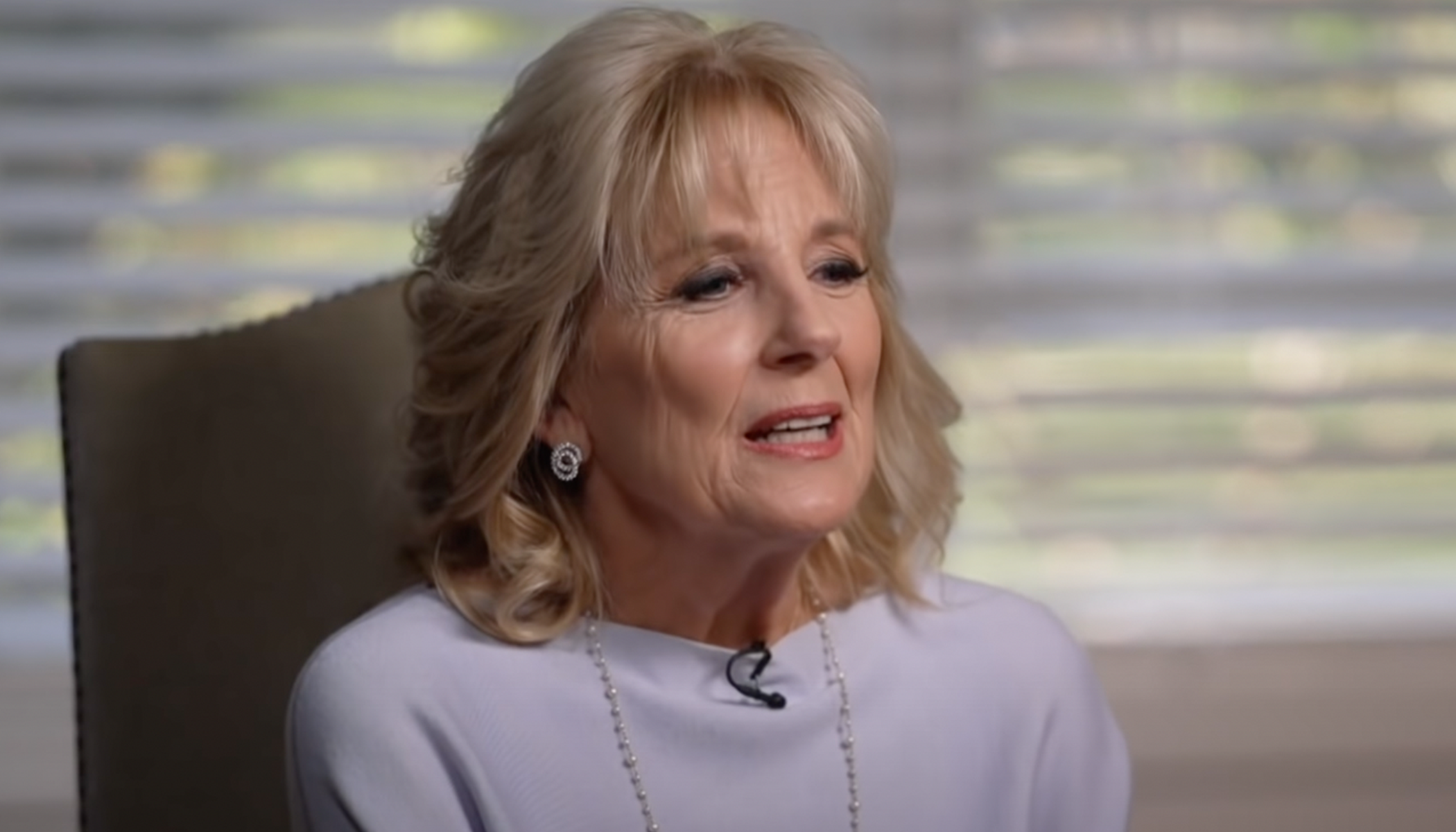Biden Halts Nippon Steel's U.S. Deal as Trump Prepares For Office
President Joe Biden is poised to block Nippon Steel's acquisition of U.S. Steel, a decision that is resonating as a strategic move favoring Donald Trump just weeks ahead of his inauguration.
This action underscores significant issues relating to national security and as a boon to Trump’s "America first" approach, as Newsweek reports.
Biden's administration plans to formally announce the decision on Friday, according to reports initially covered by the Washington Post.
The announcement will occur in less than three weeks, as the political climate shifts with Trump's impending entry into office on Jan. 20.
During the presidential campaign, this potential deal was a point of contention, with various figures, including Biden and Vice President Kamala Harris, voicing opposition despite Trump being its fiercest critic.
Biden Confronts National Security Challenges
The Committee on Foreign Investment in the United States (CFIUS) reviewed and flagged the takeover as a national security threat in December.
Initially, Nippon Steel had been permitted to resubmit its filing with CFIUS in September, hoping to allay these concerns. However, CFIUS’s recommendations ultimately led the decision-making authority back to President Biden.
Throughout the campaign, Trump maintained a strong stance against the deal. He expressed his views emphatically on Truth Social in early December, stating, "I am totally against the once great and powerful U.S. Steel being bought by a foreign company, in this case Nippon Steel of Japan.”
His clear intent to "block the deal from happening" further accentuated the political tension surrounding the acquisition bid.
Shareholder Interests vs. National Security
Beyond the political dialogue, financial realities posed by the majority of U.S. Steel shareholders further complicated matters. They supported the acquisition, driven by the financial difficulties currently faced by U.S. Steel. On the other hand, Nippon Steel had proposed a $2.7 billion investment aimed at bolstering U.S. Steel’s facilities and job offers.
As a counterbalance to CFIUS's concerns, Nippon Steel suggested a middle ground by offering the U.S. government veto power over potential production cuts. This suggestion was part of its strategy to mitigate national security implications cited by CFIUS, which included potential "supply shortages" affecting crucial industries.
U.S. Steelworkers Weigh in on Potential Acquisition
The United Steelworkers union has also been vocally opposed to the sale, questioning its impact on workers and national security. In their view, the proposed transaction would adversely affect "our national security, critical infrastructure and domestic supply chains."
President Biden's stance aligns with a broader aim of ensuring U.S. Steel remains domestically owned and operated, a sentiment he echoed back in March 2024. He emphasized the importance of U.S. Steel's domestic ownership and operation through a quote from that period.
Trump’s Economic Strategy Gains Momentum
On the economic front, Trump is preparing plans to secure U.S. Steel's strength through various incentives. His proposal for handling the industry includes a "series of Tax Incentives and Tariffs," aiming to revitalize U.S. Steel’s operations, which he also expressed on his social platform.
With these developments unfolding, Nippon Steel was aiming to finalize the deal before Trump officially takes office. Their commitment to "protect and grow U.S. Steel" was emphasized in a public statement, underlining their desire to contribute to American industrial stability.
Future Political Implications
Despite the backing by U.S. Steel shareholders, blocking the acquisition aligns with Trump's ambitious protectionist trade policies. His administration’s perspective is that domestic assets like U.S. Steel should not fall under foreign control.
The coming weeks will determine how Trump's administration decides to navigate these commitments following Biden's decisive move. The unfolding developments are poised to influence policy decisions as both administrations grapple with economic and national security considerations.
With President Biden’s imminent announcement, both the present and upcoming administrations are poised to handle the substantive ramifications of this decision on U.S. Steel's operational trajectory.






